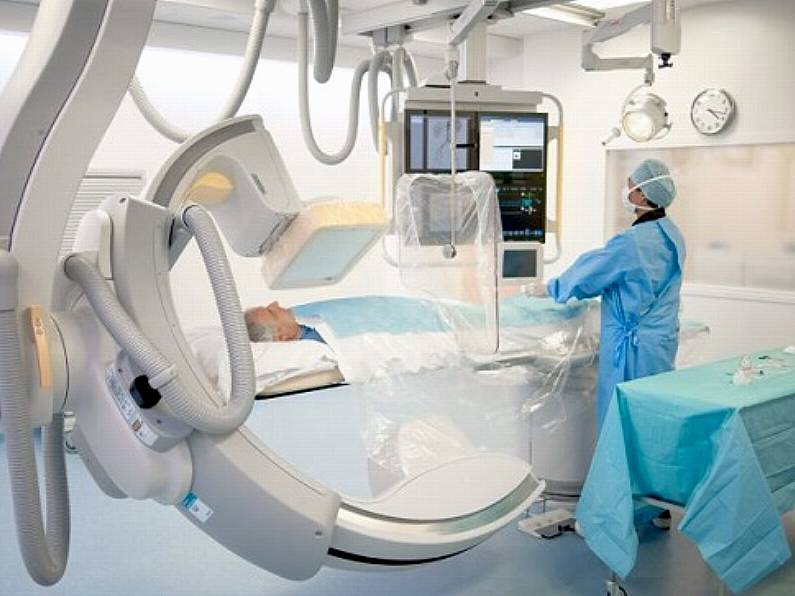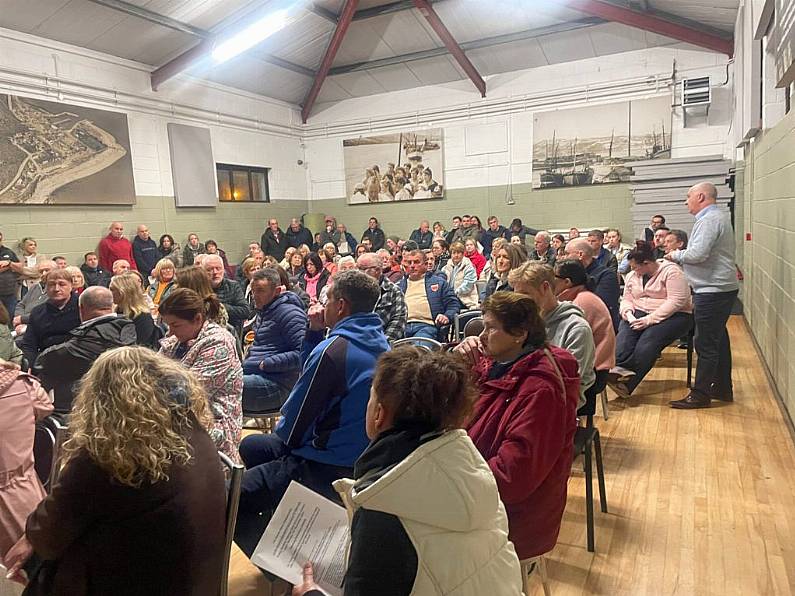A Waterford TD says emergency cardiac procedures will still be carried out locally when the cath lab is closed for maintenance work.
There are plans to close the lab at University Hospital Waterford for up to 12 weeks to facilitate the upgrading of equipment.
Waterford Oireachtas members met with hospital management and representatives from the South/South West Hospital Group this week.
Deputy David Cullinane says more than €800,000 has been made available for the refit.
"The problem was that for the refit to happen there was a fear that the PPCI* services would have to stop or cease in Waterford for a period of 12 weeks.
"We're being told now that's won't be the case.
"We still don't have the details of what exactly will be put in place in terms of a plan but, what we are being told is that there won't be any loss of PPCI services in Waterford while the upgrading works are being done.
"We're also being told that it's full steam ahead in terms of building the second Cath Lab."
Deputy Cullinane says they still have the battle for 24/7 emergency cardiac cover.
"What we want to see is a second cath lab built, we don't want to see any loss of PPCI services and then ultimately we want the national review to recommend that that service be extended to a 24/7 service.
"What we can do at the moment is to push as much as we can the building of the second cath lab, to get it built as quickly as possible, to get it open so that we can have two cath labs working side-by-side in our public hospital.
"That puts us in a very strong position over the medium to long term the to get the 24/7 PPCI emergency cardiac care that people want and are demanding."
*Major heart attacks caused by a blockage in the arteries supplying blood to the heart muscle are treated urgently by either use of a clot-busting drug (thrombolysis) or by insertion of a wire into the artery to open it using a balloon to allow the blood to flow to the heart muscle again. This is known as a primary percutaneous coronary intervention (PPCI), sometimes referred to as a primary angioplasty and can only be done in a hospital equipped with an emergency catheter laboratory.












